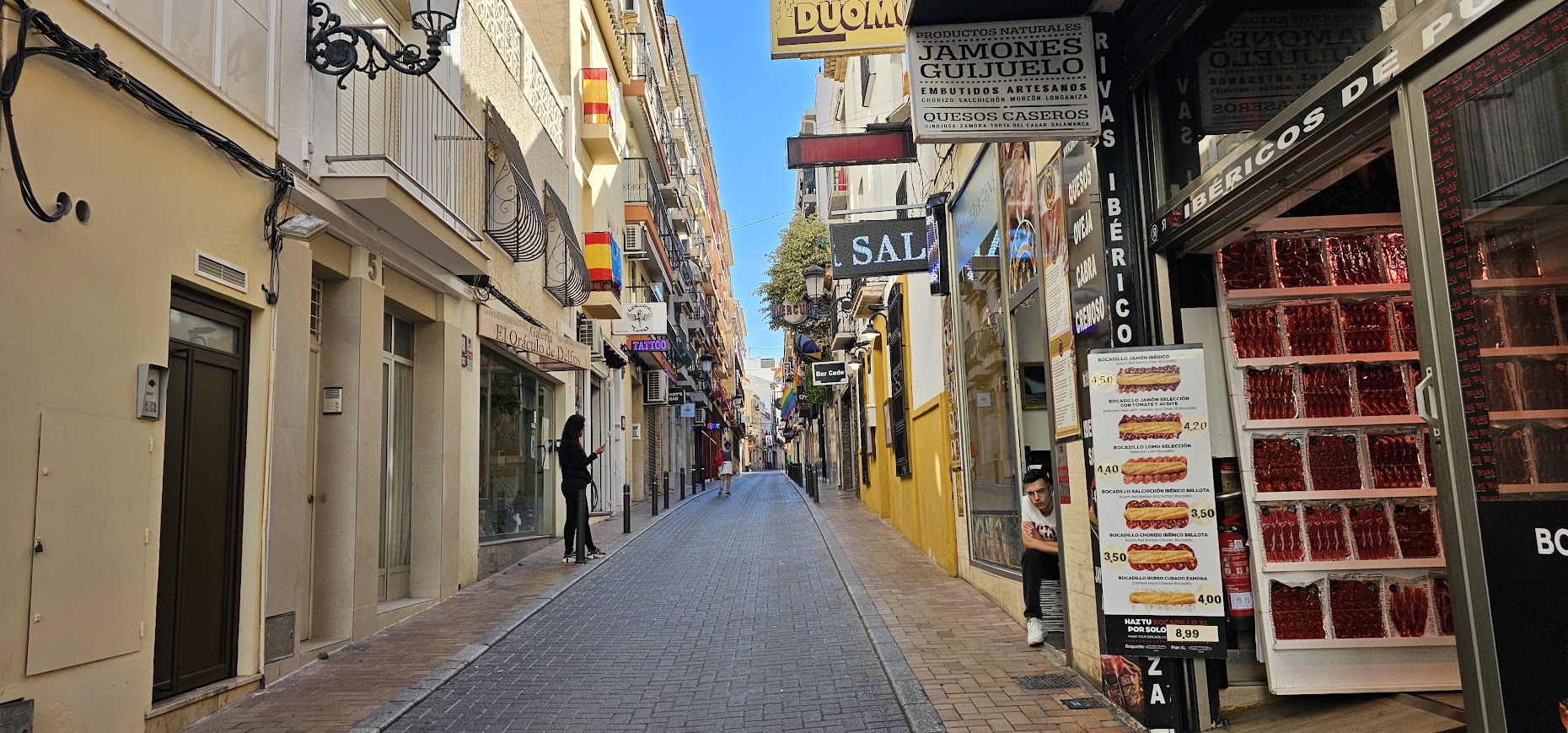Approximately 25 years ago, Chinese bazaars appeared in every neighbourhood and industrial estate in Spain, displacing the traditional pound stores. Similarly, they are now disappearing. In various regions of Spain, numerous stores owned by individuals of Chinese descent are liquidating their inventory, with some giving away their stock. The closure of the enigmatic kings of the retail sector has spawned a plethora of theories and speculation on social media, as individuals seek to understand the underlying reasons.
The Balearic Wholesale Bazaar was overrun by residents, resulting in the deployment of police to the Son Castelló industrial estate in Palma last weekend to resolve the resulting pandemonium. The business announced that it would begin giving away all of its products after weeks of liquidation as a result of its closure. It is not the sole establishment that is closing in Spain or the Balearic Islands.
A few months ago, the Maxi Asia Chinese market in Málaga, which was one of the largest in the city, closed. A low-priced giant sold out its stock in Leganés just a few weeks ago, and the same incident happened. Or in Murcia, where a series of stores in the city centre have been closing since last year.
What is the reason for the closure of Chinese bazaars?
In light of the international political situation and the rearmament mandated by the EU, one of the most prevalent theories on social media speculates on a potential widespread exodus of the Chinese community from Europe. Consequently, there is a widespread rumour that China is in possession of the keys to a global economic catastrophe or an imminent war. This assertion is refuted by Fang Ji, the administrator of the Association of Chinese in the Balearic Islands.
“Indeed, we have observed that certain bazaars and shops in Mallorca that are operated by Chinese entrepreneurs have either closed or are in the process of liquidating their inventory in recent months.” He also notes that “in general, we can emphasise a number of factors: inflation, increasing rental and utility costs, and changes in consumer habits have impacted numerous small businesses, not just those in the Chinese community.”
Fang Ji posits that the viability of certain conventional businesses has been impacted by the rise of e-commerce and competition from large retailers. Ultimately, an Asian bazaar is unable to compete with platforms such as Shein, Temu, or AliExpress.
Occasionally, the causes of business closures are more closely tied to Pedro Sánchez’s policies than to the international situation: “Some business owners have indicated that the tightening of specific administrative and tax regulations has presented an additional obstacle to the continuity of their operations.” Investments and modifications that are not always practicable for all individuals are necessary to accommodate these modifications.
Fang Ji also emphasises that “the Chinese community in the Balearic Islands has contributed to the region’s commercial and business fabric for decades.” He also notes that some owners have decided to close for personal reasons or to reorient their business model, as the pandemic and economic changes have prompted many entrepreneurs to rethink their future and explore other opportunities.
What is the total number of Chinese bazaars in Spain?
The lack of specific official data complicates the process of determining the precise number of Chinese-run bazaars in Spain. In 2023, the figure was predicted to be 18,000 establishments, according to Laureano Turienzo, the president of the Spanish Retail Association. Nevertheless, Turienzo has estimated that the number of stores and bazaars in Spain could now surpass 20,000 in “very easy” fashion, as evidenced by numerous interviews with members of the Chinese community.








No Comment! Be the first one.